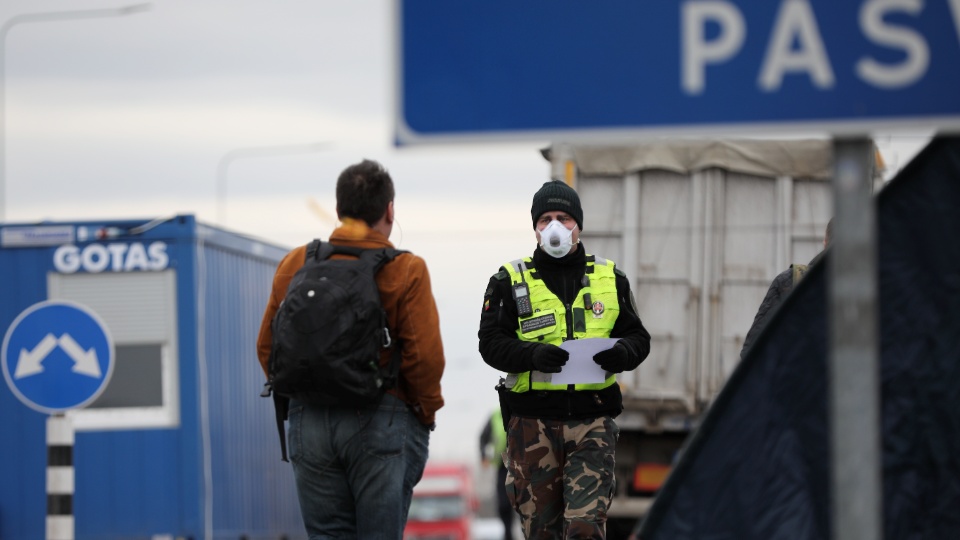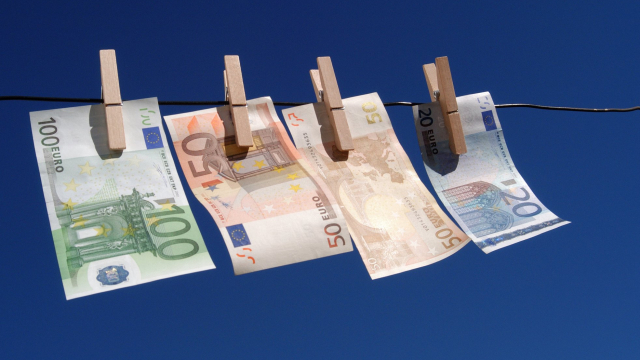It is recommended to seriously evaluate the need to go abroad in order not to increase risks of contracting COVID-19.
Self-isolation must still be observed by arrivals from all countries where the 14-day cumulative incidence rate exceeds 50 per 100 000 inhabitants. Last week, self-isolation applied to all European countries but Iceland.
This week, arrivals from all European countries, with the formal exception of the Vatican, have to observe self-isolation.
❗️Ja esi bijis attēlā redzamajās valstīs vai šķērsojis tās tranzītā, obligāti ievēro 10 dienu pašizolāciju!
— SPKC.gov.lv (@SPKCentrs) December 4, 2020
?Pilns valstu saraksts pieejams SPKC mājaslapā https://t.co/3MeMtcGbbj pic.twitter.com/zAVWriTLq0
Countries outside Europe which are on the 'white list' and do not require self-isolation are Japan, South Korea, Rwanda, Singapore, New Zealand, Australia, and Thailand.
International passenger transport is allowed only to European countries where the cumulative incidence rate does not exceed twice the EU average. This week passenger transport is prohibited to five countries, including neighboring Lithuania.
The list and requirements of self-isolation comes into force on December 5 at midnight. Prohibition of passenger transportation comes into force on the third day after the list is published, i.e. December 7.
The full list of countries is available at the SPKC website, in English, Latvian and Russian, along with advice on how to follow the self-isolation rules and the conditions applying to all persons, be they Latvian nationals or other nationalities.
We have also attached the list in PDF format to this story for your convenience.


























